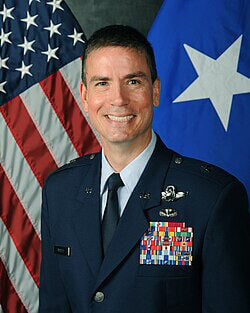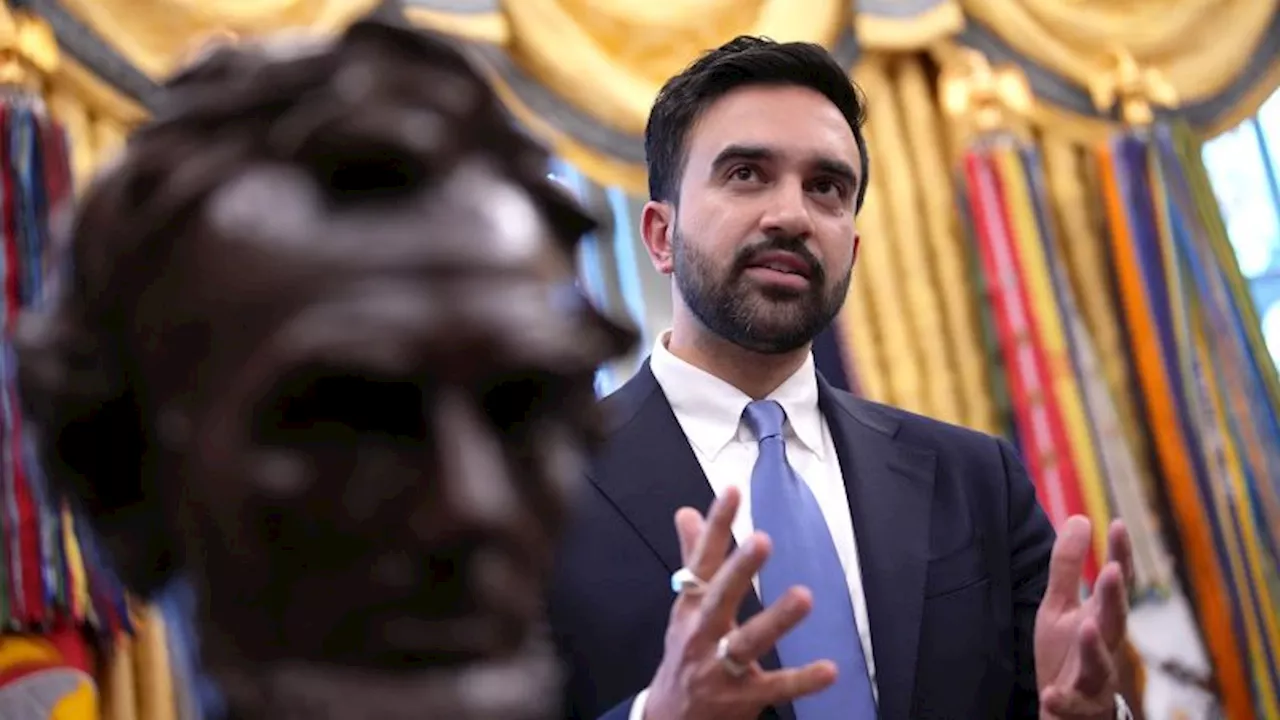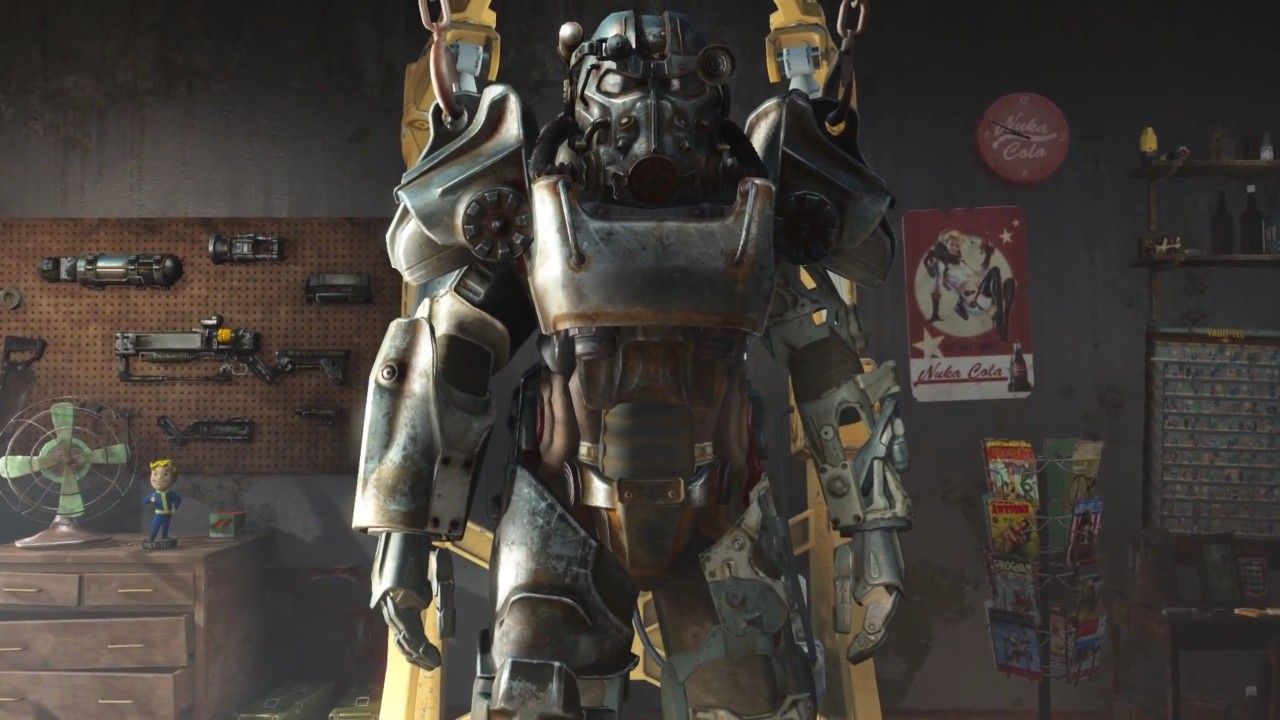Brigadier General Paul Warfield Tibbets IV, a prominent figure in military history, passed away on August 31, 2023, at the age of 99. Tibbets, who served in the United States Air Force, is best known for piloting the Enola Gay, the aircraft that dropped the atomic bomb on Hiroshima during World War II. His actions and decisions during the war have sparked ongoing discussions about military ethics and the impact of nuclear warfare.
Tibbets was born on February 23, 1927, in Quincy, Illinois. His military career began in the early 1940s, when he joined the Army Air Forces. He quickly distinguished himself as a skilled pilot, which led to his selection for a critical mission. On August 6, 1945, Tibbets and his crew dropped the bomb known as “Little Boy” on Hiroshima, instantly killing tens of thousands and leading to Japan’s eventual surrender. This event marked a pivotal moment in history, changing warfare and international relations forever.
Legacy and Controversy
Tibbets’ legacy is complex. Some view him as a hero who helped end the war, while others criticize the use of atomic weapons and the profound humanitarian consequences. According to the U.S. National Archives, the bombing resulted in an estimated 140,000 deaths by the end of that year, with many more suffering from the long-term effects of radiation exposure.
In later years, Tibbets spoke openly about his role in the bombing, stating, “I have no regrets. I knew what I was doing.” His comments have often ignited debates among historians and ethicists regarding the morality of his actions. Tibbets maintained that the bombings ultimately saved lives by preventing a prolonged conflict.
Tibbets’ military career continued after World War II. He served in various roles, including command of the 509th Bomb Group, which was responsible for nuclear bomb delivery. He retired from the Air Force in 1966, leaving behind a legacy that extends beyond his wartime actions.
Reflections on His Life
His passing marks the end of an era for many who studied the history of World War II and its lasting effects on international diplomacy. Tibbets lived in Columbus, Ohio, where he remained active in community affairs and often participated in discussions about military strategy and history.
His contributions to the U.S. military and his role in a crucial moment in history will not be forgotten. The debates surrounding his actions remind us of the profound impact that military decisions can have on human lives and global politics.
As the world reflects on the events that shaped the 20th century, Tibbets’ life serves as a reminder of the complexities of war and peace. His legacy will continue to inspire discussions on the responsibilities of military leaders and the weight of their decisions.







